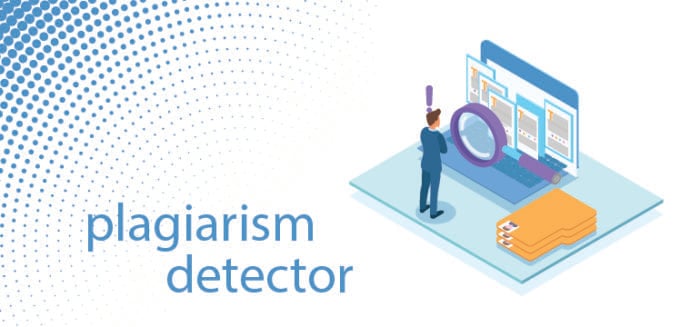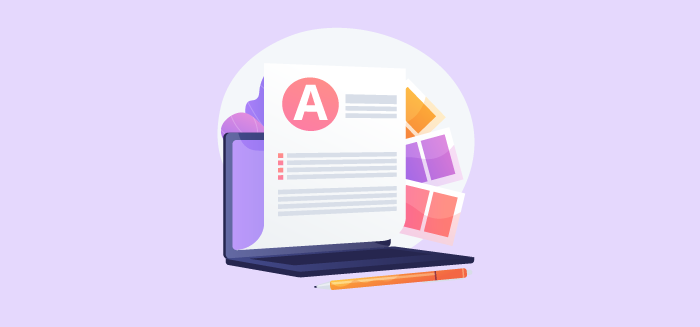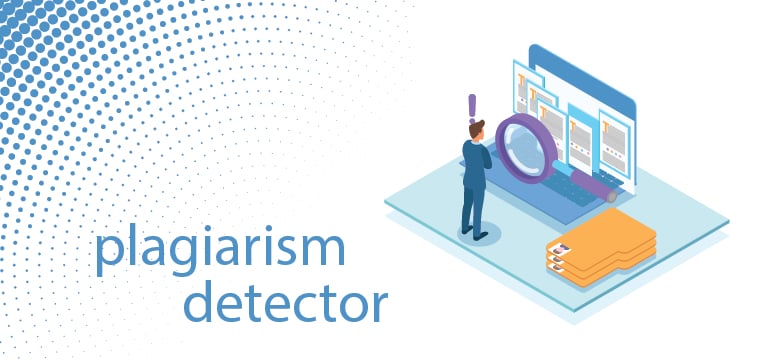Why it is Important to Check Content Plagiarism?

We are all surrounded by advanced online utilities that help us to perform our daily tasks effectively. The enhancement in digital technology allows us to manage difficult tasks with ease. Whether you are associated with academics, business, or the corporate sector, the use of modern facilities will help you in completing your work effectively.
The internet is surely the biggest source of information that helps millions of people to find their desired data. Students and researchers are one of the biggest beneficiaries of this incredible platform. They can easily find accurate and reliable information regarding the topic they’re working on. This will reduce their efforts and improve productivity. But unfortunately, there are millions of individuals who misuse this blessing.
Like, stealing others’ information from the web and using it in your work, which is known as plagiarism. This is one of the biggest problems caused by easy access to digital technology. Copycats usually copy information from online sources and paste it into their writing without giving credit to the real author.
However, in this blog post, we will help you to understand the importance of checking for plagiarism in your content. Read on to learn more.
Why Unique Content is Important?
Plagiarism is considered academic dishonesty and a violation of the core ethics of journalism. Duplicating others’ ideas may help you in completing a task quickly, but you may get into trouble by doing this. Once you are tagged as a plagiarist, you will face various sanctions and penalties that can damage your reputation. However, there are many misconceptions regarding plagiarism circulating on the web. Let’s discuss the different kinds of plagiarism to overcome these misconceptions.
Types of Plagiarism
Plagiarism has different types, and if you want to avoid being called a plagiarist, you must have an idea about different kinds of plagiarism.
● Direct Plagiarism
In this type, individuals openly copy the information from an online source, book, journal, or any other written material and use it in their work. The penalties for direct plagiarism are extremely severe.
● Unintentional/Accidental Plagiarism
This is another common type of plagiarism because it usually occurs when the writer doesn’t have any intention of copying others’ work but commits it unintentionally. Inappropriate citation, no citation, or missing quotes around cited material are a few prominent reasons for unintentional plagiarism.
● Self-Plagiarism
It is important for every student, researcher, and professional writer to understand that copying your own published material in your new content will consider plagiarism. But, reusing your own work in your new text without citation will consider self-plagiarism and will lead you to face the same punishments as any other type of plagiarism.
Penalties for Committing Plagiarism
Many content writers claim that copying others’ information isn’t illegal at all. You must understand the copyright law that clearly states that any information on the web is the sole property of its owner. This statement clearly defines that using others’ information without permission is a crime and may lead you to face serious punishments. The severity of penalties for duplicating others’ work is more dangerous for students.
The most common penalties for committing plagiarism are shared below.
● Failure in the Subject
This is one of the most common punishments that students usually bear if teachers find duplication in their work. Most universities and colleges define the assignment submission policy for their students. It clearly states that students will be awarded an F grade in case plagiarism is found in their work. Therefore, it is essential to check your work through an online plagiarism checker to discard all the duplication before submitting it.
● Suspension/Expulsion
This penalty is offered in severe circumstances. For instance, if the entire research paper of a student is copied from another source, then the examination committee can suggest any such serious penalty.
● Damage Credibility
Plagiarism can ruin someone’s professional or academic reputation in no time. Your credibility may get into dust if you’re following this illegal practice. All your efforts will be wasted, and you may have to struggle hard for years to rebuild your career.
The consequences of plagiarism are unbearable for everyone. Professional writers may lose their jobs because of providing duplicated content. Similarly, search engines can also de-rank websites containing false or copied information. Therefore, it is essential to ensure your submitted content is unique.
Bottom Line
No matter, if you are writing a research paper or working on an academic assignment, extensive research is needed. However, it is essential to check your text for any red flags that may lead you to plagiarism.
We hope the above information guides you about the importance to check your content for plagiarism. Also, the penalties for plagiarism shared in this blog post will help you to avoid plagiarism in your work.




